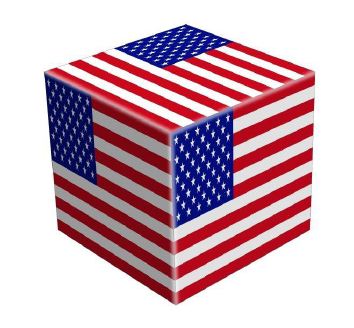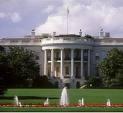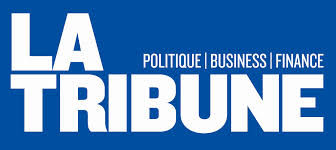United States of America
Despite polarized domestic politics and social tensions, the United States remains a major player in international relations, on the economic, military and diplomatic levels.
Related Subjects









LA TRIBUNE: The American budget: the end of the tunnel?
Congress found a provisionary compromise but will have to reconsider the federal budget in January. What's the likely outcome? By Laurence nardon, head of the United States Program at IFRI.
Accountability: "Missing In Action"
Accountability is on the endangered species list. No - not the word. Indeed, “accountability” reverberates around the electronic ether almost as frequently as “thwarking.” It is the reality of persons, especially public persons, taking responsibility for acts of malfeasance in ways that entail exemplary punishment and personal costs.
Why Hillary?
Hillary Clinton has been enthroned as the presumptive next President of the United States - by the celebrity mongers, by the trendy Hollywood set, by the media, by the pundits, by the big donors, by Congressional Democratic leaders like Nancy Pelosi and Charles Schumer and by the Las Vegas odds-makers. The crystallization of a consensus three years before the event is as intriguing as the questions about what sort of president she would make.

FRANCE CULTURE: United States. Has its foreign policy pivoted toward Asia?
Domestic policy remains Obama's focus and strongsuit while foreign policy has emerged as the administration's weakest and most deceptive area. Obama has proved measured yet hesitant, pragmatic yet reactive. Latin America and Africa are far from his radar. The relationship with Russia remains complicated. Washington has failed to exert influence over israel. In the Arab world, the U.S. abandoned former ally Mubarak and floundered in Syria. The U.S. will leave Afghanistan at the end of 2014 without fixing a thing. The relationship with Europe is far from harmonious. Only the rapproachment with the new Iranian president reveals a new and more ambitious approach to foreign policy. Only the U.S.'s diverse relationship with Asia remains to be seen.
Ohio : la renaissance ?
Since the early 19th century, the swing state of Ohio has almost always voted for the same presidential candidate as the rest of the country. This is why every four years, politicians and the media pay so much attention to the Buckeye state.
The Washington Tea Party
The near meltdown of the United States government evoked worldwide dismay and confusion. Both reactions were especially acute among America’s well-wishers. For not only would they have suffered the consequences of a global economic crisis but they also feel dependent on the probity of American leadership. That dependence may stem in part from their own failures to assume their reasonable share of responsibility for sustaining an orderly international system - a state of affairs remarkably unaffected by the costly flaws in Washington’s custodianship over the past several years. It is nonetheless real.


LE MONDE: A weakened interneational leadership
The world watches with weariness and disbelief as another American psychodrama unfolds. The government shutdown isn't but American, and by extension global, dysfunction's most recent manifestation.
Support independent French research
Ifri, a foundation recognized as being of public utility, relies largely on private donors – companies and individuals – to guarantee its sustainability and intellectual independence. Through their funding, donors help maintain the Institute's position among the world's leading think tanks. By benefiting from an internationally recognized network and expertise, donors refine their understanding of geopolitical risk and its consequences on global politics and the economy. In 2024, Ifri will support more than 70 French and foreign companies and organizations.







